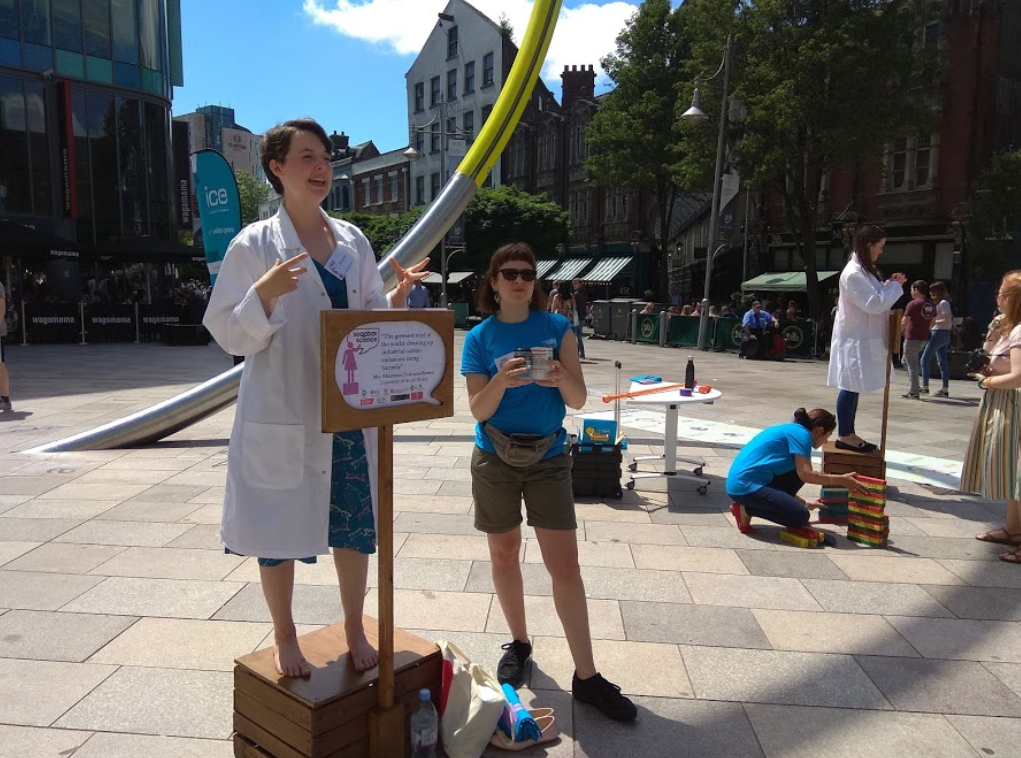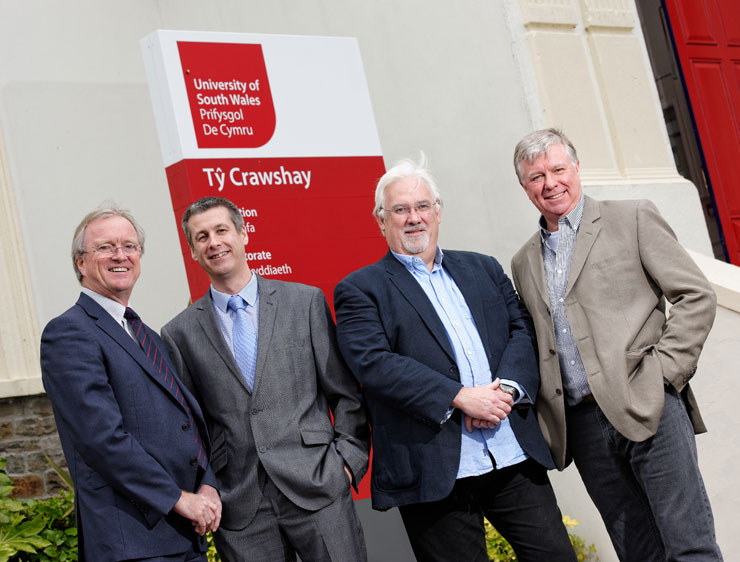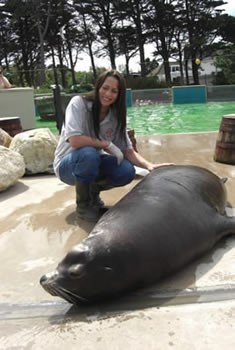As we near the end of the programme, KESS 2 and USW would like to showcase the outstanding research achieved through industry collaboration with our company partner Tata Steel UK with the following case studies. Over a period of 8 years, Tata Steel UK has supported 16 PhD projects and 1 Research Masters project, producing… Read more »
Case Studies: pollution
KESS 2 Alumni Case Study: Dr Rhiannon Chalmers-Brown, Bio-Refining of Steel Manufacturing Co-Production Gases
DR RHIANNON CHALMERS-BROWN : RICE Research Assistant – Low Carbon Bioprocess Analysis I completed my undergraduate degree in Chemistry at USW, I was then encouraged by my research supervisor, Prof Richard Dinsdale, to apply for the KESS 2 scholarship as I had a keen interest in renewable energy and the environmental sector in general. The… Read more »
Low carbon behaviour change improves the bottom line
Low carbon behaviour change is a fundamental aspect of a transition to a low carbon society, but is also key when a large company is looking into reducing its utility bills. RUMM (Remote Utility Monitoring and Management) is a University of South Wales spin-out company helping companies consuming more than £100,000 of electricity, gas or water per year to reduce their energy bills…
Read more »Anaerobic Digestion: its potential to improve the economic and environmental performance of organic farming systems (The Student Perspective)
KESS PhD student talks about his experiences, John Walsh’s KESS project, economic benefits of anaerobic digesters.
Read more »The role of estuarine sediments as a reservoir for pathogenic microorganisms (Presentation)
Anthropogenic activity resulting from agriculture, storm water discharge and sewage treatment has a significant impact upon the transport of human microbial pathogens from catchment to coast. As the global climate changes and storm and flood events become more frequent, it is imperative that we understand how the increased flow of microbial pathogens from land to sea will affect human health and the environment.
Read more »Anaerobic Digestion: its potential to improve the economic and environmental performance of organic farming systems (The Academic Perspective)
What this project did that was different from other projects was that it placed an economic value on the environmental benefits that anaerobic digestion can offer over the short term. Over the long term, this type of work has the potential to offer wider societal benefits, for instance an improvement in water quality; this in turn can affect the tourism industry, water companies and so on. In addition to this is of course the fact that anaerobic digestion provides a source of renewable energy, reducing CO2 emissions. There are many people who can benefit financially from the results of this research, the taxpayer benefits, as do large, medium and small private companies; so there are many economic and environmental advantages and I think that this is highlighted in the project.
Read more »











